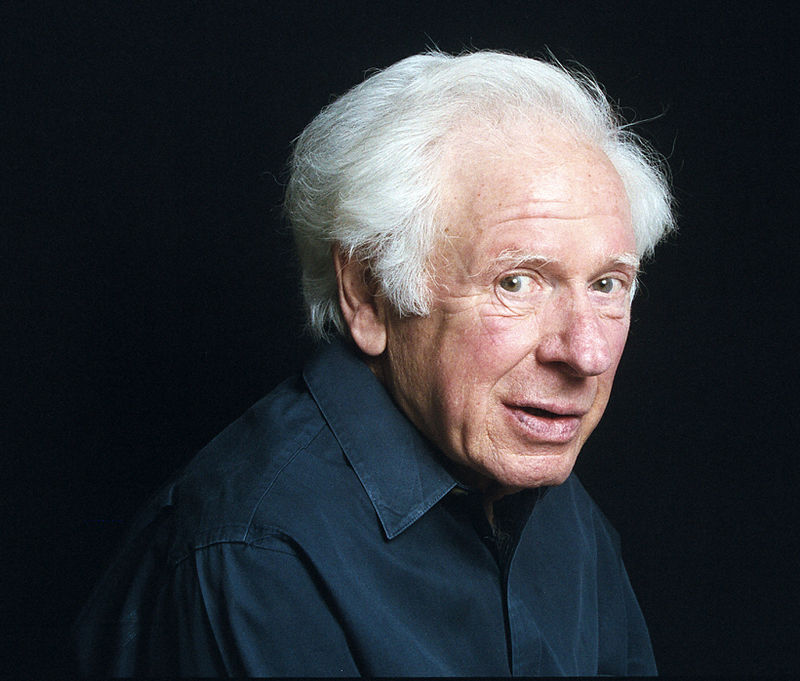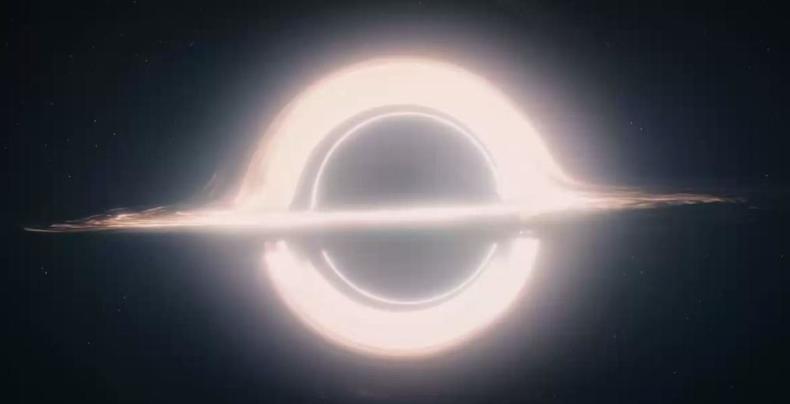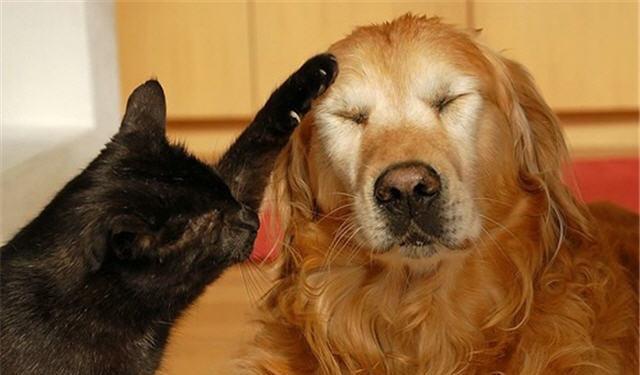 Christie tells Ira Glass a story that ends up on the cutting room floor. Now, listening to the hit podcast Serial, Christie gets why. Each personal story has to fit the larger mission of the show. “I was only capable of telling my story from inside the moment — with details that gave away the punchline before I’d ever had a chance to set it up.”
Christie tells Ira Glass a story that ends up on the cutting room floor. Now, listening to the hit podcast Serial, Christie gets why. Each personal story has to fit the larger mission of the show. “I was only capable of telling my story from inside the moment — with details that gave away the punchline before I’d ever had a chance to set it up.”
Sure, there are a lot of differences between dogs and cats, says guest poster David Grimm. For example, their interest in us: “If humans were a radio station, dogs would listen to us all day long. Cats would spend half their time surfing other channels on the dial.” But they have a lot in common too. And they’d be able to see that if only they could look into one another’s eyes without hissing and barking and scratching.
Addicts don’t much like scientists. “On the streets science is something that happens to you, often something bad. Clinics are often avoided, with employees seen as cold and confused, unable to do anything but bring short term relief and long term pain.” To change that perception, maybe addiction researchers should try living and working where their subjects do, says guest poster Chris Arnade.
Interstellar provides perhaps the best image yet of how a black hole should look, Richard says. How can you tell? Because you can see through it. Why? Physics. That’s why.
Ann launches a two-part series to remember physicist Marvin “Murph” Goldberger, former president of Caltech, director of the Institute for Advanced Study, dean of the University of California at San Diego . . . I could keep going, but let’s just say he was really smart and distinguished. Ann, who has interviewed Murph many times, lets Murph have the last word
***
Image credit: Chris Arnade






 The other day, as our kids played around a big, messy tree–one with patchy bark and drooping sickle-shaped leaves–a friend told me she was going to show me a picture of a eucalyptus she knew I would love.
The other day, as our kids played around a big, messy tree–one with patchy bark and drooping sickle-shaped leaves–a friend told me she was going to show me a picture of a eucalyptus she knew I would love.